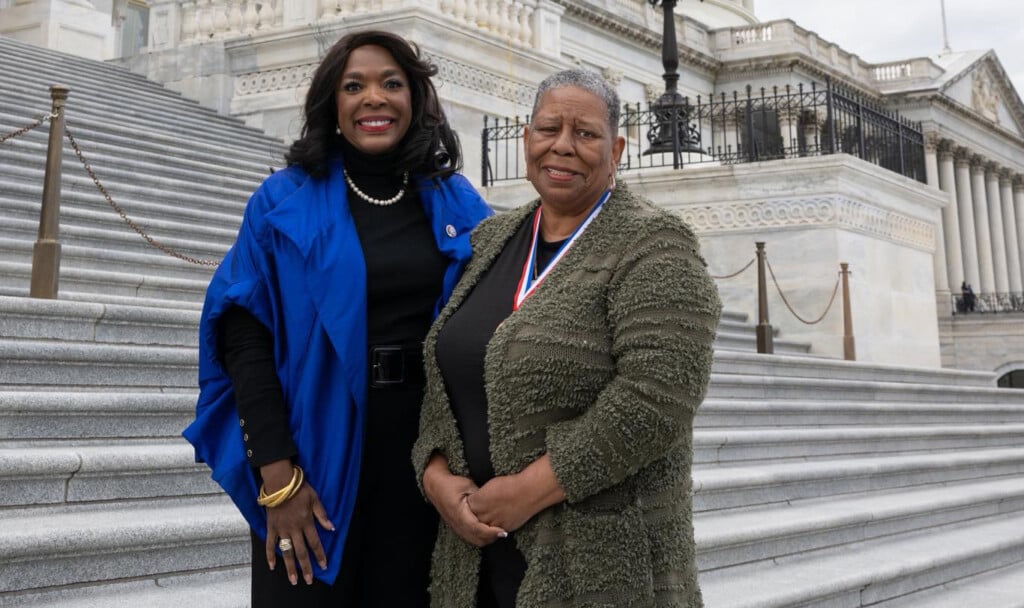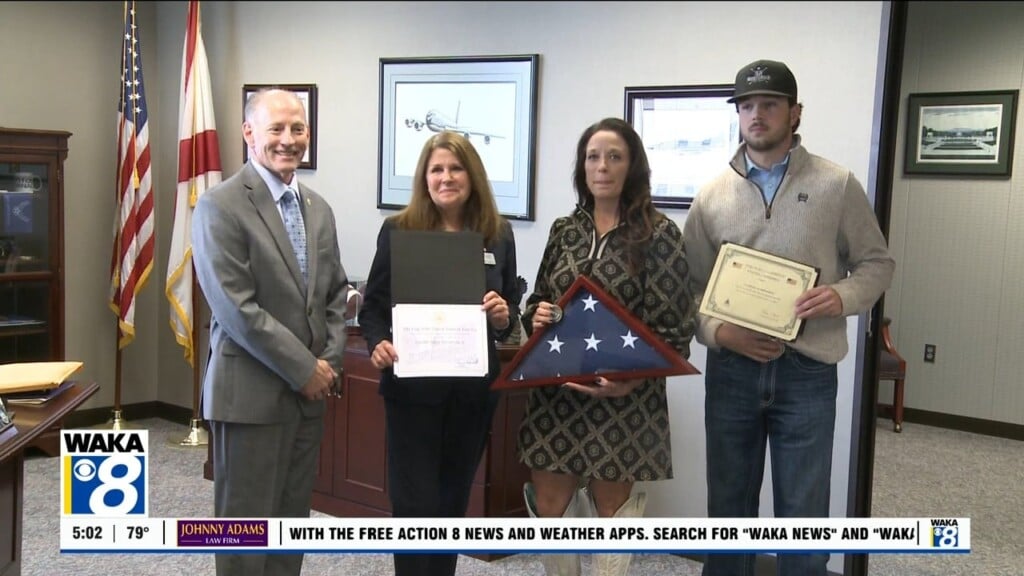Street Psychiatry Clinic Brings Mental Health Care to Montgomery’s Homeless
MONTGOMERY, Ala. (WAKA) — A street psychiatry clinic launched in Montgomery a few months ago with funding from a City of Montgomery grant is now providing weekly care to the homeless, led by a team of UAB doctors.
On a recent Wednesday morning, Dr. Will Rutland, the medical director of UAB’s Street Psychiatry Clinic, navigates traffic and a broken crosswalk signal on one of Montgomery’s busiest streets wearing a white coat and carrying a backpack. He finds his patients under bridges, beside abandoned fast-food restaurants, and in makeshift homes built from tarps.
“We have medications and therapeutic interventions that can really help people thrive, but there are so many barriers, especially for those who are homeless or unstably housed,” Rutland said. “If we can meet folks exactly where they are, we take away barriers like transportation, access to medication, and access to appointments. Anybody who’s ever navigated the medical system knows just getting in for a regular appointment is incredibly hard.”
Rutland greets potential patients with a warm smile and a friendly demeanor.
“I’ll be back by in an hour or two,” he tells one person. “If you think of anything, just flag me down. Good to see ya!”
Rutland emphasizes that participation in the program is voluntary.
“These folks are empowered to either engage with us or not,” he said. “We don’t want to pressure anybody into getting treatment if they’re not ready. We understand that and respect that. Usually, we get two or three folks who say, ‘I need a little help with X, Y or Z.’”
One of Rutland’s patients, Jeremy, grew up in the foster care system. He later earned a baseball scholarship to Huntingdon College, where he played third base for two years before an ACL injury led to an addiction to pain medication.
When asked about his biggest hurdle, Jeremy pointed to finances.
“Money. You know, it’s always that,” he said. “What it takes to have insurance is the main issue. I have a history of drug use, and when you do, immediately they think that’s what you’re gonna do—abuse the drugs. But that’s not true. It’s not always that way. It’s not always the case for everybody.”
According to statistics from the City of Montgomery, between 500 and 1,000 people are unhoused in the city. Rutland said he is seeing an increasing number of elderly individuals, young families, and veterans in need of help.
“If we can reach even 10% of that population, that would make a huge difference in the quality of life for this community,” he said. “I would love to reach every single one of them, but we’ll see. You know, hope springs eternal—in fact, that’s the name of our clinic.”
Street psychiatry clinics began appearing in major U.S. cities about five or six years ago. Montgomery’s Street Psychiatry Clinic is now part of the curriculum for medical students in UAB’s Psychiatry Residency Program.






